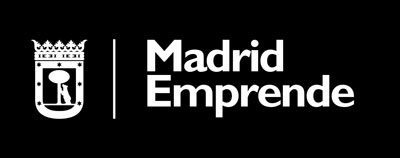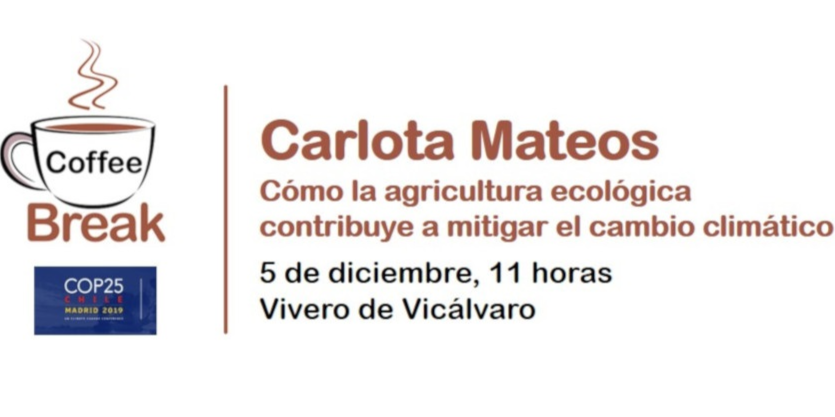Among the different points that are going to be discussed in the Conference program, we have chosen point 8 "land use" not only because the food, hotel and restaurant sector is one of the most deeply rooted and has the greatest economic impact has in the city of Madrid, but because the message that the Conference launches in this context is fundamental: “our use of the land must take steps to facilitate adequate adaptation to climate change, which is particularly important to ensure that food production is not threatened.”
The thursday december 5, in the Vicálvaro business incubator, through this Coffee Break we will learn how a small business project, based on organic farming, can help mitigate climate change. For this we have Charlotte Mateos known as co-founder of rusticae "hotels with charm" and now also co-founder of PlenEat Pioneering Spanish company that offers certified organic 100% food to companies with company canteens, vending machines and catering for meetings and events.
sign up for our schedule of activities .
United Nations Framework Convention on Climate Change
Adopted in 1992 and entered into force in 1994, it has been ratified by 195 countries (Parties to the Convention). The Convention recognizes the existence of the problem of climate change, and establishes an ultimate objective: to achieve the stabilization of greenhouse gas concentrations in the atmosphere in order to prevent dangerous anthropogenic (human-caused) interference with the climate system. . In addition, it indicates that this level must be achieved in a time frame sufficient to allow ecosystems to adapt naturally to climate change, ensure that food production is not threatened, and allow economic development to continue in a sustainable manner.

